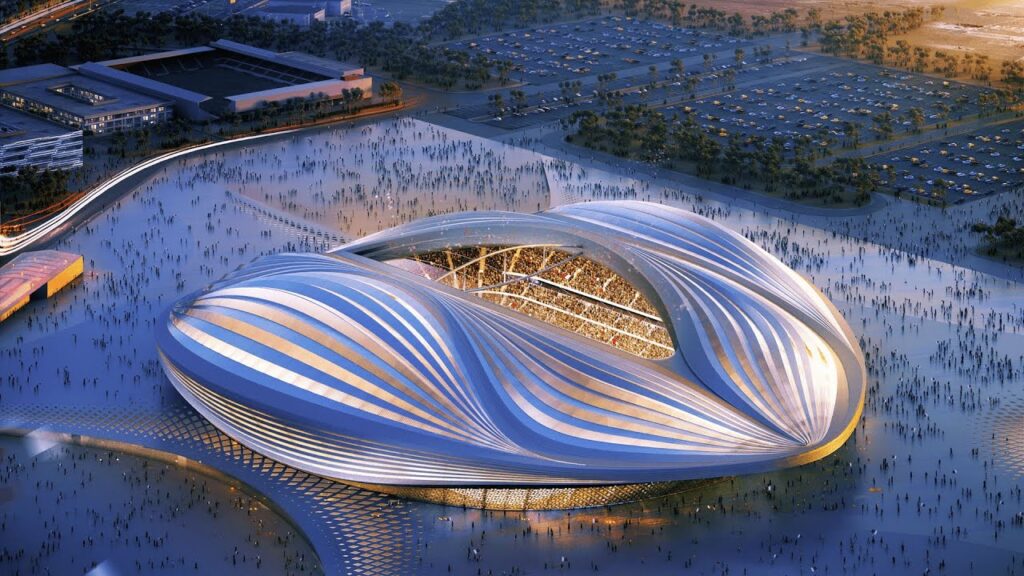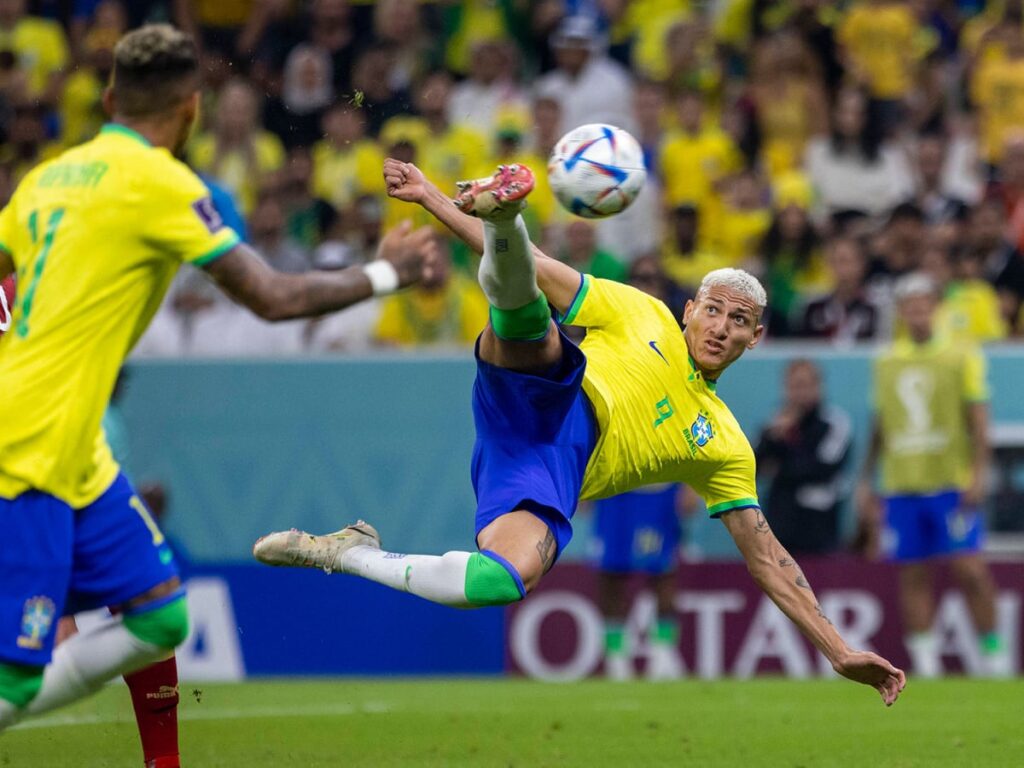As a goal is made, the team players all rush to one side of the stadium, hugging each other jubilantly. Fans roar into a loud cheer that echoes throughout the entire city of Doha, as moderators excitedly shout “Goal!” The World Cup is a large sporting event that takes place every 4 years on an even date, and its power is not to be underestimated. It has connected fans globally in both a patriotic and political scale, where countries can propel their nation to stardom and gain international fans. Plus, people from all over the world come over to celebrate their cultures, so it is only natural that billions of people watch the World Cup and take it seriously. Over 30 countries, from robust competitors like Brazil, France, and Argentina, and underdogs like Saudi Arabia, Japan, and Morocco, all attempted for their chance at international glory. The final match occurred on December 18, where France and Argentina headed off for the chance to win the trophy. How did we get here though, and what is the significance of Qatar hosting the World Cup this year?
Host Country Qatar
When Doha, Qatar’s capital, was stated to be the next destination for the World Cup, human rights groups were quick to call out the many abuses the nation had towards its migrant workers. Workers were forced to work in terrible conditions for long hours with little to no pay. Along with this, companies were allowed to torment them as much as they wanted for they had no representation legally, and many workers died as a result of the conditions that they had to endure.
Since there was such little time to create new massive stadiums with cutting-edge technology, migrant workers who came from third world countries had to face the brunt of making these swoon-worthy attractions. Plus, once fans finally came, there was controversy about how they were treated once they got there, and how Western news stations were treated as well. Nevertheless, Qatar made sure to bring awareness to how progressive and advanced the new stadiums and facilities they had were, and promised to allow the amenities to be in full use long after the games are over for other beneficial needs.

Highlights Before the Final
When it came to the actual matches, people were on the edge of their seats. One of the most historic matches was Saudi Arabia vs Argentina, where the former beat the legends in a huge disappointment for the latter nation. Saudi Arabians were so ecstatic that the day afterwards was considered a national holiday. In a match that the Brazilian team played, Richarlison scored with an amazing bicycle kick that attracted the attention of millions.
Adding on, this World Cup was substantially different because many underdog teams got farther than expected. Morocco became the first African team to qualify for the semifinals, winning the hearts of many fans. Nations like South Korea and Japan were also underdogs who beat powerful teams. Meanwhile, while these teams performed extremely well, Portugal, Germany, Spain, Mexico, and more were eventually disqualified. As of a third place match this week, Croatia was able to secure the title.

An Unbelievable Final
On December 18th, the final match took place, and commentators dubbed it the “greatest match in World Cup history.”
Argentina first had a lead of 2-0 for over 70 minutes in the game, dominating the first half. However, in the last 15 minutes of the game, 23-year old soccer superstar Kylian Mbappe managed to score two goals within 93 seconds of each other, bringing France back into the game in a fantastic comeback.
Once the game went into extra time and eventually into another half hour, Messi scored yet another goal, but soon after Mbappe scored again, tying both teams again. After the game went on to penalty kicks, Argentina overpowered France with a 4-2. With their win, Argentina has won for the third time in history, and Lionel Messi has cemented his name in history on par with the likes of Maradona.
Mbappe also made history for his hat trick in the final, and he deservingly won the Golden Boot. All over the world, billions watched from their screens and witnessed history in the making. At the end, fans lit up the stadium as the trophy was given to Argentina. This game was the longest in the duration of the World Cup, lasting over 6,000 minutes.

The World Cup, like many years before it, has united people despite recent setbacks, like the pandemic. For this particular one, each game has been thrilling and nerve-wracking, and the final had to be one of the most exciting ones yet, as two strong teams competed against each other for more than two hours. The world got to rejoice in happiness over the beauty of the 2022 games, and hopefully this momentum will continue in the 2026 games.






